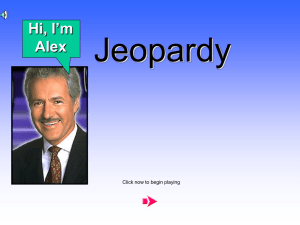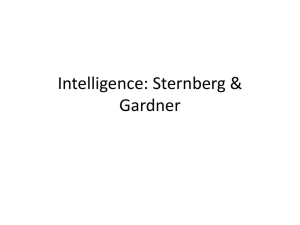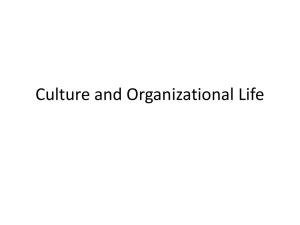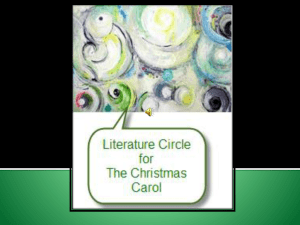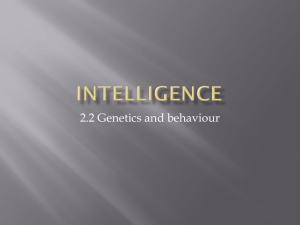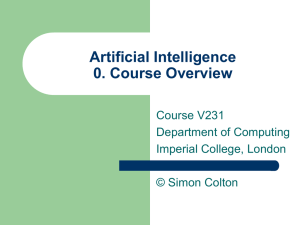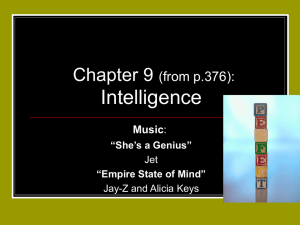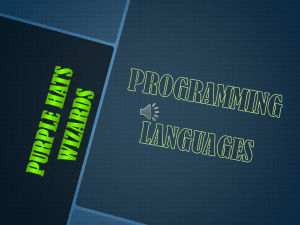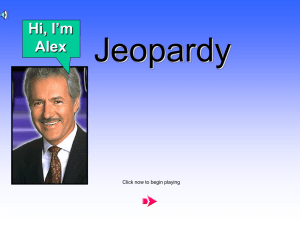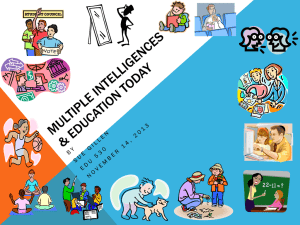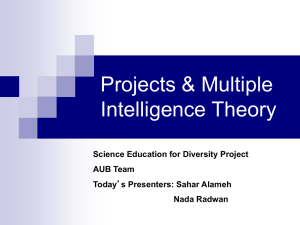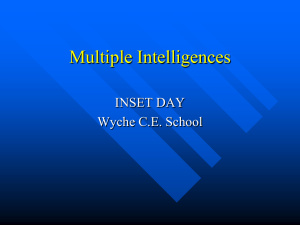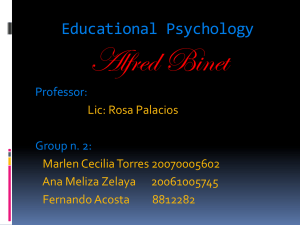Intelligence - AP Psychology Community
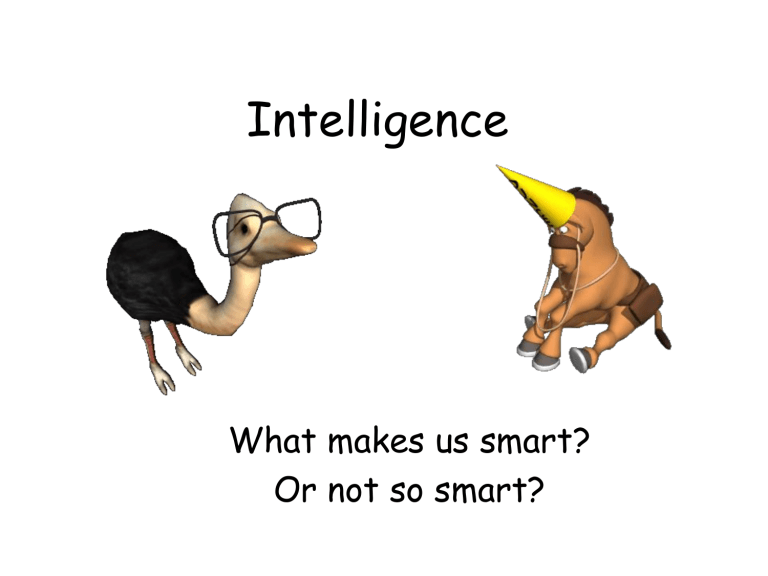
Intelligence
What makes us smart?
Or not so smart?
Theories of Intelligence
• No one real definition
• Fluid versus
Crystallized
Intelligence
• 4 main theoretical concepts of intelligence….
Charles Spearman and his G factor
Jack Bauer is good at torturing, bomb defusing, shooting, figuring out evil plots and saving the country (and he is good looking). Is there anything he cannot do?
• Used factor analysis and discovered that what we see as many different skills is actually one General
Intelligence.
• If you are good at one subject you are usually good at many others.
Howard Gardner and Multiple
Intelligences
• Gardner believed that there exists at least 7 different types of intelligences.
1.
Linguistic
2.
Logical-mathematical
3.
Spatial
4.
Musical
5.
Body-kinesthetic
6.
Intrapersonal
7.
Interpersonal
8.
Naturalist
Robert Sternberg and his
Triarchic Theory
• Most commonly accepted theory today.
• Three types of intelligence
1. Analytical
2. Creative
3. Practical
Goleman and his EQ
• Emotional
Intelligence
• Interpersonal and intrapersonal intelligences.
• Maybe EQ is a better predictor for future success than
IQ.
Brain Size and Intelligence
Is there a link?
• Small +.15 correlation between
head size and intelligence scores
(relative to body size).
• Using an MRI we found +.44 correlation with brain size and IQ score.
Brain Function and Intelligence
• Higher performing brains are less active than lower performing brains
(use less glucose).
• Neurological speed is also a bit quicker.
How do we Assess Intelligence?
• Alfred Binet and
Theodore Simon set out to figure out a concept called a mental age (what a person of a particular age should know).
• They discovered that by discovering someone’s mental age they can predict future performance.
• Hoped they could use test to help children, not label them.
Terman and his IQ Test
• Used Binet’s research to construct the modern day IQ test called the Stanford-
Binet Test.
• IQ=Mental age/Chronological age X 100.
• A 8 year old has a mental age of 10, what is her IQ?
• A 12 year old has the mental age of 9, what is his IQ?
• A boy has the mental age of 10 and an IQ of 200, how old is he?
Problems with the IQ Formula
• It does not really work well on adults, why?
If a 60 year old man does as well as an average 35 year old then his IQ would be 50!!!!!!
That makes no sense!!!!!
Wechsler Tests
• More common way to give IQ tests….does not use the formula but uses the same scoring system.
• WAIS
• WISC
• WPPSI
Normal Distribution
The Flynn Effect
How do we construct an Intelligence
Test?
• Standardized: the questions have been piloted on similar populations and the scores fall on a normal distribution.
• Reliable: Test-Retest,
Split-halves Methods.
• Validity: Content,
Predictive or
Construct.
Types of Tests
Aptitude
• Measure ability or potential.
Achievement
• Tests that measure what you have learned.
Does Intelligence Change Over
Time?
By age 3, a child’s
IQ can predict adolescent IQ scores.
Depends on the type of intelligence, crystallized or fluid.
Extremes of Intelligence
• Akrit Jaswal

